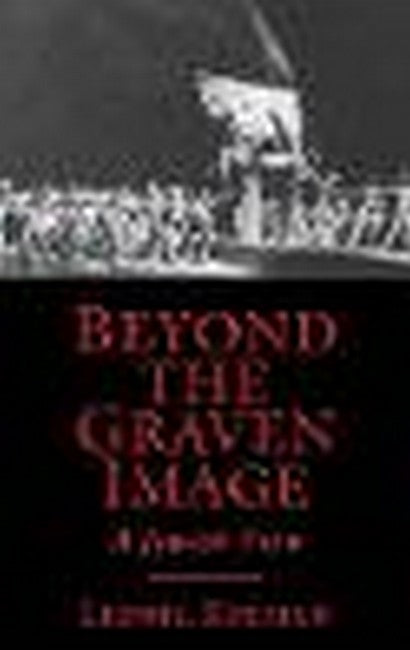The proscription against using images in worship sets Judaism, together with Islam, apart from all other religious systems. This work sets out to explain the reasons for this prohibition and to demonstrate how influential it has been in determining important aspects of Jewish thinking. The author argues that the Jewish conceptions of holiness and symbolism, people's relationship with God, and the role of memory in religion, as well as the preference for non-material arts such as music over visual modes of artistic expression within Judaism, have all been profoundly shaped by the prohibition against physical representations of God.

